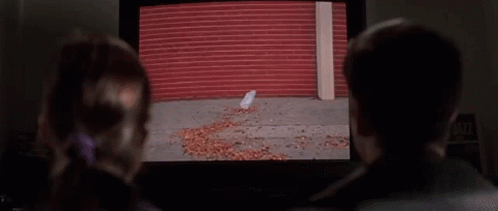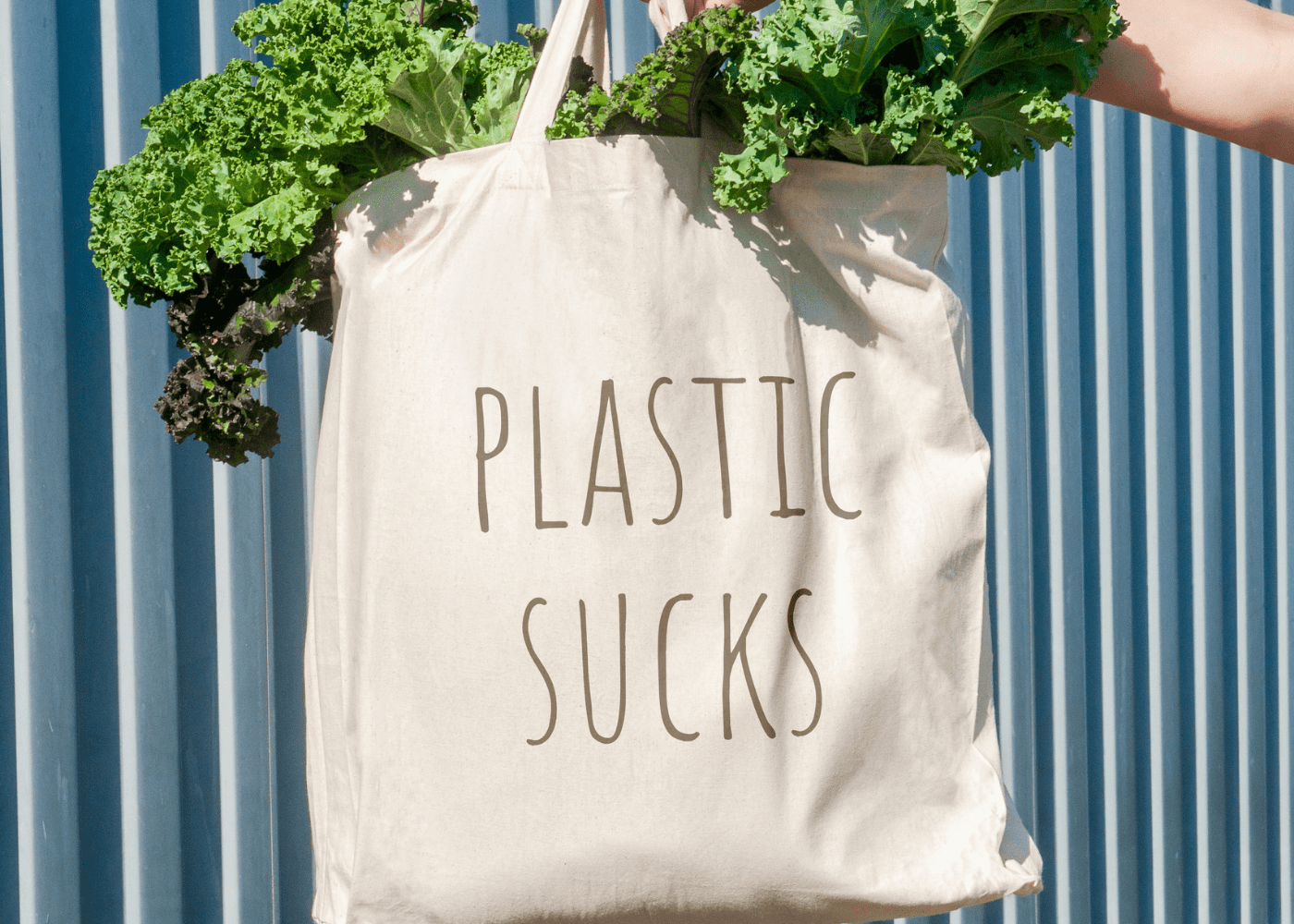
Is Singapore doing enough to be plastic-free? More can be done, and that’s why these five local brands are taking the lead with their efforts.
The year is 2010. A song starts with an uplifting beat before the singer croons: “Do you ever feel like a plastic bag? Drifting through the wind, wanting to start again…” That tune, sung by Katy Perry, became one of that year’s biggest hits. But we’re not here to talk about the song; instead, we’re focusing on its first line. The imagery of a bag floating in the blustery wind is not only poetic, but also symbolic of what’s happening today.

Did you know the world generates 400 million tonnes of plastic waste annually? That’s equivalent to around 10 million fully loaded rubbish trucks – a scary amount, if you ask us. In Singapore alone, the total volume of plastic waste produced last year was one million metric tonnes. However, there’s some good news: around six percent of the waste was recycled. But are we doing enough?
Earlier this month, major supermarket chains across the island started charging a minimum of five cents for plastic bags. This move is meant to encourage shoppers to use their own reusable bags. Unfortunately, some still continue taking plastic bags out of habit and convenience. There are even those who resorted to using plastics from the fresh produce section just so they don’t have to pay the mandatory charge. Of course, we can’t expect such measures to take off immediately. It’ll take some time before the results are seen and felt.
The good thing is it’s not just the supermarkets that have kickstarted plastic-free initiatives in Singapore. In fact, a few local brands are leading the way to rid Singapore of as much plastic as possible.
An eye to make a difference

Hands up if you wear contact lenses. Now, what do you do with the plastic blister packs? Most people dispose of them. But are you aware that the packaging can be recycled? Yes, you read that right. Two homegrown companies have spearheaded initiatives to do that in Singapore.
First up is Two of a Kind (Twooak), a contact lens company founded locally. The brand launched Project 2×2, a non-profit initiative that collects, sorts, and passes the blister packs for recycling, in October 2019. The packs are cleaned and processed into plastic pellets, which are then used to produce and manufacture new products such as food containers and clothing fibres. All you have to do is collect all the blister packs into an envelope and drop them off at collection points around Singapore. Alternatively, you can mail your collection to its office at North Canal Road.
Why did the company decide to kickstart this project? According to its founder, 44-year-old Darryn Tan, the contact lens industry here is primarily dominated by multinational brands and optical chain stores that “just don’t care”. “We know this because we asked,” Darryn said via Twooak’s website. “No one was keen on putting any time or resources into ‘something’ unless they could see an already established instance of ‘something’ directly benefiting their own interests and sales targets.”
Besides Twooak, there’s also Capitol Optical. The local eyewear company piloted Eye For Earth, a similar initiative encouraging contact lens wearers to recycle their blister packs. However, unlike Twooak’s Project 2×2, Eye For Earth also collects the aluminium foils. The foil lids can be recycled into bike and car parts, aluminium cans, appliances, and more. Those interested in this exercise can collect a recycling bag from any Capitol Optical boutique. Remember to separate the blisters and foils!
Have a drink and save the earth

Tackling plastic waste is an environmental initiative many organisations take as their corporate social responsibility. One such company that’s walking the talk is homegrown brewery Lion Brewery Co. Earlier this month, it collaborated with ocean impact organisation Seven Clean Seas to launch Can’t Sea Straight, a limited-edition beer. Through sales of Can’t See Straight, the two brands hope to clear between 400 and 500 kilograms of plastic waste from the ocean. Now this is one plastic-free initiative to get behind in Singapore!
Will Julius, the brewery’s co-founder, is beyond pleased that the two organisations are working together. “This collaboration excites us. Since our inception, Lion Brewery Co has always been committed to protecting the environment. Our sustainability practices are not perfect, but we continually try to be better,” he shared during the beer’s launch party, which was held at Thirty Sixty Brewlab.
Seven Clean Seas’ chief executive officer, Tom Peacock-Nazil, shares Will’s sentiments. “We hope to spark discourse over the importance of removing plastics from our seas over a pint of Can’t Sea Straight. We’re eager to build a community of individuals committed to challenging the status quo and getting involved.”
Doing more with plastic waste

Is recycling plastic blisters and cleaning up oceans sufficient, though? Truthfully, more can be done. Even though our percentage of recycled plastic increased slightly last year, our country still has a long way to go when it comes to doing more. This is where Plastify comes in. Declaring itself Singapore’s first community plastic maker space, the environmental group upcycles discarded plastics into new and reusable items such as coasters, accessories, and even Christmas ornaments. Plastify collects waste donations from the community.
Plus, the group spreads awareness about plastic waste and recycling through educational talks, seminars, hands-on workshops, and beach clean-ups. They aim to integrate plastic education into schools’ curriculums so that the younger generations play an active role in Singapore’s plastic-free initiative and contribute to a green, circular economy. “To be very honest, what we teach is just a ripple in the ocean on the grand scale of things,” Plastify humbly stated in an Instagram post. “We are still over-consuming plastics, waste is still being misplaced, and corporations are greenwashing, to name a few. But a ripple is a ripple nonetheless.”
“It’s important to start environmental education young.”
On the topic of grand scale, a deep-tech start-up is making huge strides in tackling Singapore’s plastic problem. Founded in 2019, Magorium converts all plastic waste into a material called NEWBitumen, which is used to build roads. According to its website, this is a “cheaper, safer, and more sustainable method of plastic recycling”. To date, the company has recycled over 4,500kg of plastic waste and has paved four roads; the latest being a driveway at DBS Newton Green. Its goal is to raise Singapore’s plastic recycling rate to at least 35 percent by 2025.
Is Singapore on track to be plastic-free?

Under the Singapore Green Plan, the government aims to reduce landfill waste – which includes plastics – by 30% in 2030. Through this effort, the lifespan of Pulau Semakau, our country’s only landfill, will be extended to 2035. This begs the question: are we on our way to achieving that target? While the mandatory plastic bag charge is a good starting point, more can be done in terms of work and educating the public.
While we laud the various plastic-free initiatives in Singapore, change starts with all of us. This extends beyond plastic bags and single-use waste: being aware and mindful of recycling, and playing a more active role in ending plastic waste. Is this a difficult thing to do? Well, in Coldplay’s words: nobody said it was easy… slowly but surely, it’ll get easier. And before you know it, life will be more fantastic without plastic.

